‘Hasaan Hates Portland’ Casts an Uncomfortably Funny Light on the City

Filmmaker Mischa Webley’s comic web series tests Portland’s progressive reputation.
Episodes of the satirical web series Hasaan Hates Portland are framed like levels of a video game. In each, Hasaan, a Black man living in Portland, must survive what should be an extremely quotidian scenario. In the pilot, “Hasaan Hates Taking Walks,” we meet him at the precipice of a cumbersome block. A tent shakes with an unmistakable rhythm. “Oh, yeah, yeah.” Smack, smack, smack. Hasaan pauses, wryly smiles, then—spank! His eyebrows and mustache jump toward his small beanie. “Hello, sir,” says a voice offscreen. “Are you a registered Oregon voter?” His next obstacle: a cabal of canvassers. “The children of Africa need your help. We’re raising money to bring the children tablet computers.” Hasaan mumbles a polite “no thanks.” “Where’s your humanity?” one canvasser demands. “Don’t you care?” cries another. Finally, from the most passionate white savior: “Your people need your help!”
Therein lies the crux of the show: the sometimes odious underbelly of progressive action. Again and again throughout the series, zealous and ham-fisted attempts to correct oppressive systems treat the people they purport to be helping as a nuisance, while assuming help was needed in the first place. In a city that’s about 6 percent Black, Hasaan’s race is a predominant layer of his experience. But the show isn’t called Hasaan Hates Being Black in Portland. Instead, his identity is a foil for the gulf between theory and praxis: when “think global, act local” is interpreted as “change the world without leaving your neighborhood.” While zooming into the city’s idiosyncrasies, the show fills in a diversity of experiences that Portlandia left out a decade ago, when it drew a lasting portrait for the rest of the country.

Hasaan, played by Hasaan Thomas, doing his best to navigate a group of zealous canvasers.
Episodes began popping up on Instagram, TikTok, and YouTube in late 2024. Despite the informal venue, they carried the polish of writer and director Mischa Webley’s past projects. Until now, Webley has mostly made dramas, including The Kill Hole from 2012, about a Black army veteran turned hired assassin, played by the late Chadwick Boseman. The crisp photography, illustrated titles, and grounding theme music of Hasaan Hates Portland are pleasantly out of place on social media. They cut through the infinite scroll with a profoundly calm tone.
On a recent Zoom, Webley called the show’s current version “the smallest seed of a much larger thing.” He’d like to follow the path laid by web series like Broad City, High Maintenance, and Insecure. “Any day now, HBO is going to call,” he half-jokes. Until the phone rings, things are going all right without corporate sponsorship. The show has made a splash, especially around Portland. And much of that impact seems to derive precisely from its online presence. Catching episodes between TikToks of the Capybara Café and babies dancing to Chappell Roan puts the scenes within arm’s reach, somewhere between the far-off land of television and the tactile world. One Instagram reel boasts over 2 million views, and several TikToks are well over 100K; local news stations ran segments about the quick success. So far a grant (somewhat ironically) from the city is the project’s only funding outside of Webley’s own wallet. He mentions coyly that people with the means to bring it “off the internet” have reached out, but that season two, which is in the works, will follow the same web format.

Webley (far left) directs a scene on the Tilikum Crossing Bridge from the season one finale.
Watching these first eight episodes, each of which runs about three to five minutes, it becomes clear that Hasaan doesn’t in fact hate Portland. Hate is instead projected onto him, in the way that anyone questioning predominant opinions—about pop stars and movie franchises—is labeled a “hater.” Haters are wet blankets out to yuck your yum. They’re annoying, but easily dismissed. Just as easy, and convenient, is wielding the label in the other direction, by writing off legitimate criticisms as mere chatter from the haters and sweeping away genuine issues with the rest of the noise.
Mostly by way of facial expressions, Hasaan Hates Portland fishes these lost qualms out of the maelstrom. Hasaan holds his tongue as things escalate. He’s offered a free coffee at “reparations happy hour.” After failing to seduce him at a bus stop, a white woman calls him a “creepy Black guy.” At one point, a stranger congratulates him for reading a book (MLK “was a big reader, too, you know?”). Hasaan’s response is to simply cock his head and screw his face into a silent but unambiguous dissenting argument.

In a scene set at Peninsula Park, a stranger approaches Hasaan to congratulate him for reading a book.
“It’s really about this temporary, strategic surrendering—to all of this fuckery—for the purpose of maintaining one’s sanity,” Hasaan Thomas, who plays the show’s title character, told me. Surrendering, in this context, isn’t participating. His knowing gaze, like a therapist’s nonverbal signal that you couldn’t possibly believe what you’ve just said, leaves us all to wriggle and squirm and crack up in the dissonance. “What’s the term they say now?” Thomas went on, “Portland is looking funny in the light.”
Webley and Thomas met a decade ago at a Portland coffee shop and bonded over their ability to laugh at foibles in identity politics and clumsily self-serious social practices. Webley eventually decided to point a camera at the never-ending loop of racially charged comedy sketches unfolding in front of him. “I know it sounds hyperbolic,” Thomas says, “but literally every day is an episode.” In the show, Hasaan often stares directly into the lens, as if wordlessly screaming to Webley, Can you believe this shit? Off set, he says he sometimes catches himself looking for the camera.
The show builds a disturbing, if hilarious, world overwhelmingly shaped by outside perspectives. Tone-deaf initiatives that apply a one-size-fits-all approach to activism set up most of the action. But the show doesn’t simply malign ignorant and misbehaving white people. “There’s a level of compassion, where you realize, like, ‘Well, shit, they don’t know.’ Like, if I was a white person, would I know any different?” Thomas says. “I’m dealing with it on my side, but so are they. It’s weird and uncomfortable for everybody. It’s ridiculous for everybody.”

In an episode set in the Alberta Arts District, celebrated Portland actor William Earl Ray joins Hasaan; they’re presumed to be unhoused and offered leftovers.
Some of the most affecting moments come from Hasaan’s interactions with other Black characters. In “Hasaan Hates His Old Neighborhood,” he visits the historically Black neighborhood along Alberta, which is today almost gentrified beyond recognition, and falls into conversation with a man played by celebrated theater director and actor William Earl Ray. “It’s like we’re a ghost here,” Ray tells Hasaan. They want to “run us out of here, then put a historical marker on the sidewalk, as if we’re a part of history already.” Hasaan smiles, exhales in a way we haven’t yet seen. For the first time, he’s not alone. Then—“Excuse me,” a white woman approaches. Affecting a tone that implies there’s no need to be embarrassed about this charitable opportunity, she offers them her leftovers.
“Bitch, I ain’t homeless,” Ray shouts, swatting her clamshell container onto the sidewalk.
“I didn’t do anything!” Do-Good Lady, as she’s called in the credits, says before bursting into tears. Established as the victim, she repeats that she “just wanted to help” as she stumbles away.

Hasaan doesn’t have many lines throughout the show, but his face does so, so much talking.
Hasaan is characteristically silent, but he’s swapped a mortified expression for his exasperated one. Unfazed, Ray turns the screw further, and starts eating the leftovers. The moment calls to mind a later episode, in which a stranger who happens to be Black interprets Hasaan’s interest in books as some kind of disavowal: “Just because I’m not out here reading for fun doesn’t mean we ain’t blood.” To Thomas’s point, it is indeed ridiculous for everyone.
“Portland is a funny place,” Webley says. “A lot of people are attracted to the city [as a site to] express themselves in different ways. That’s sort of in the water here. And yet, for Black folks, at least, there tends to be, like, one or two ways that those same people want to see us.” Often, he adds, “that collides with a lot of those good intentions.”
Share this content:
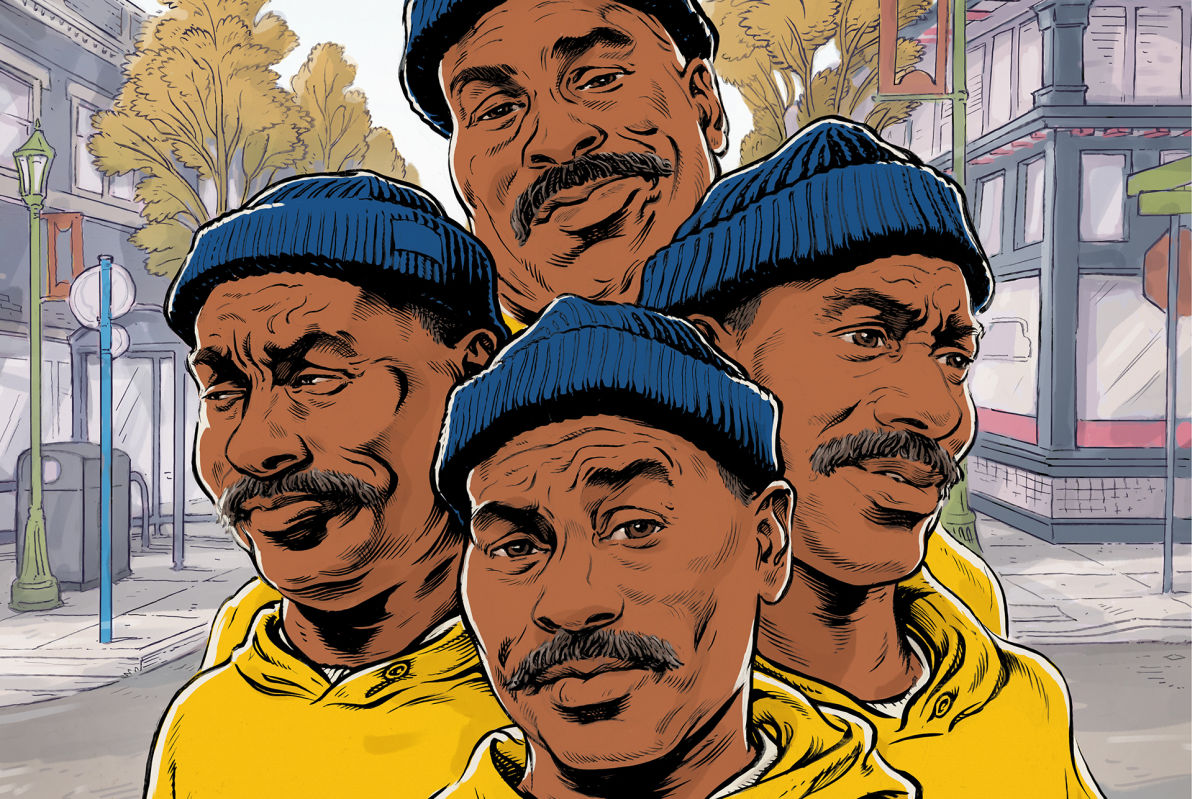

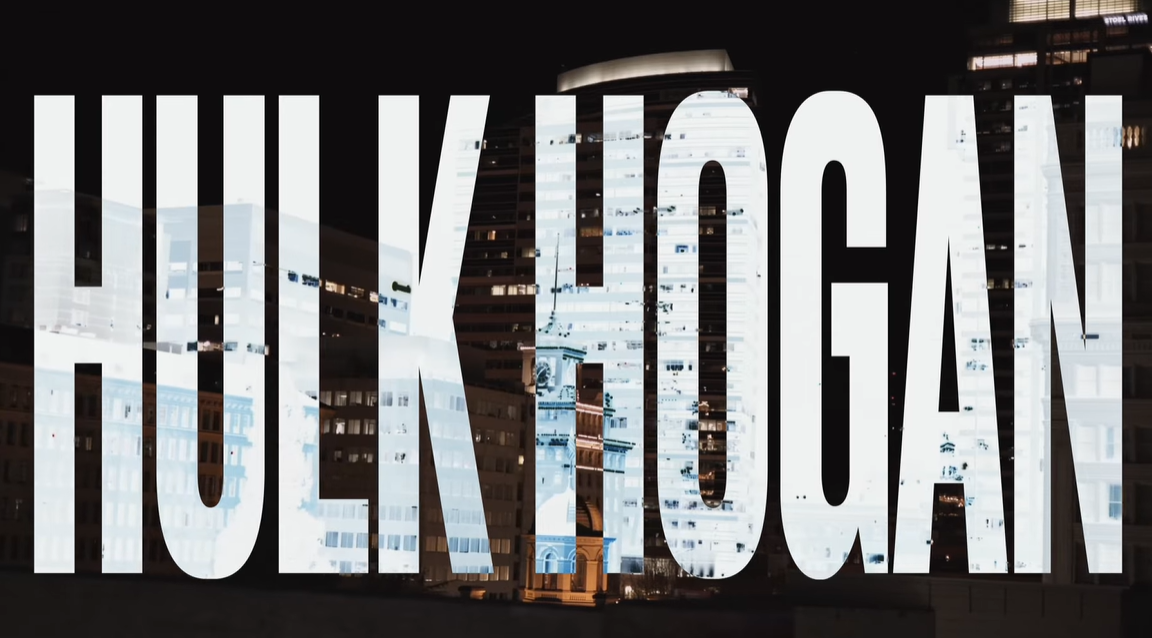
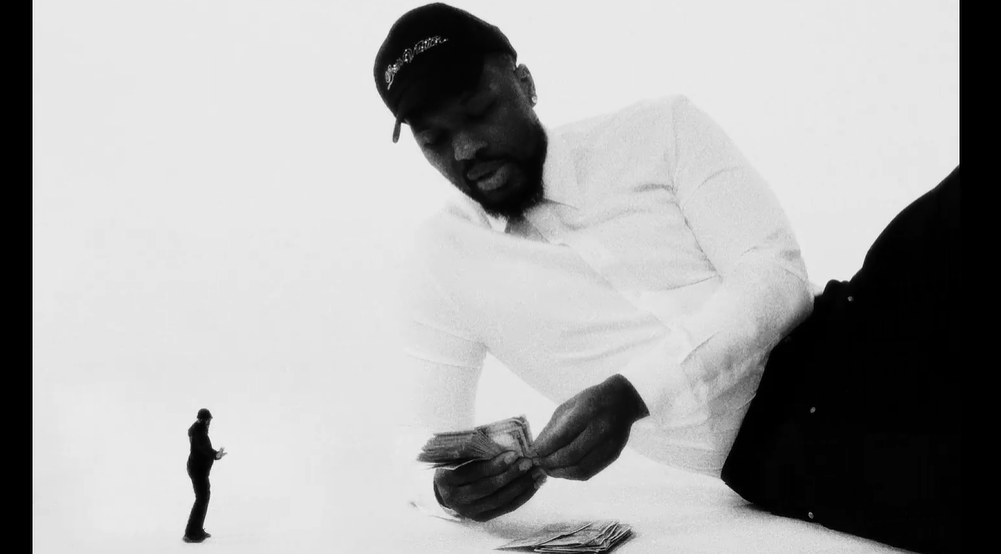
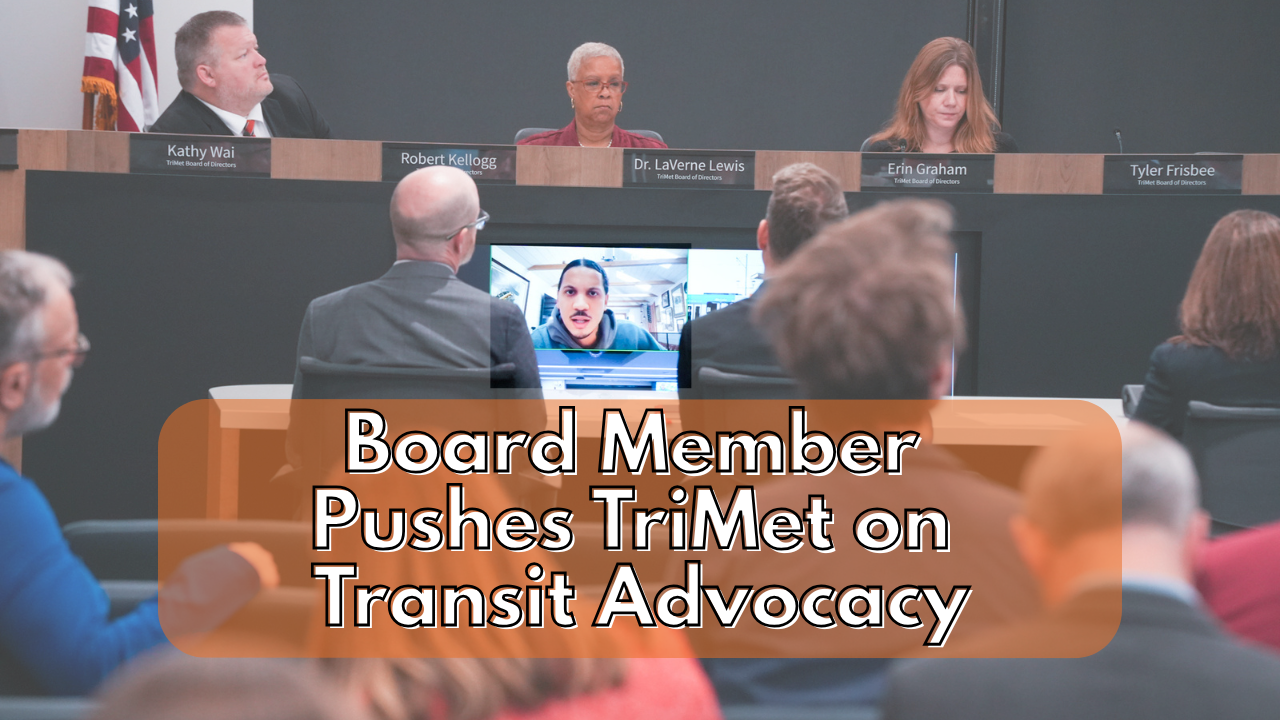
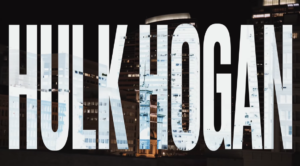
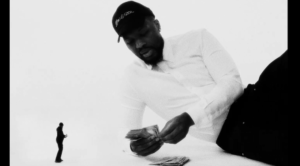
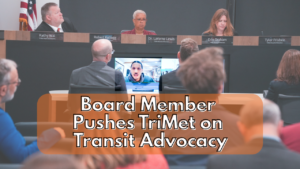

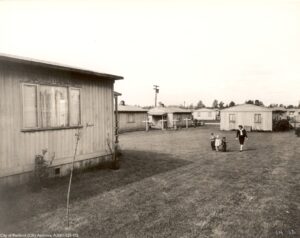
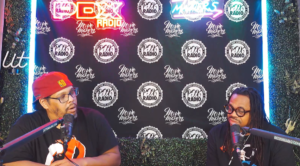



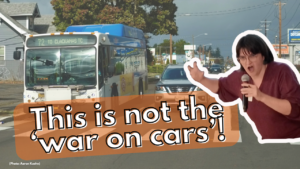
Post Comment